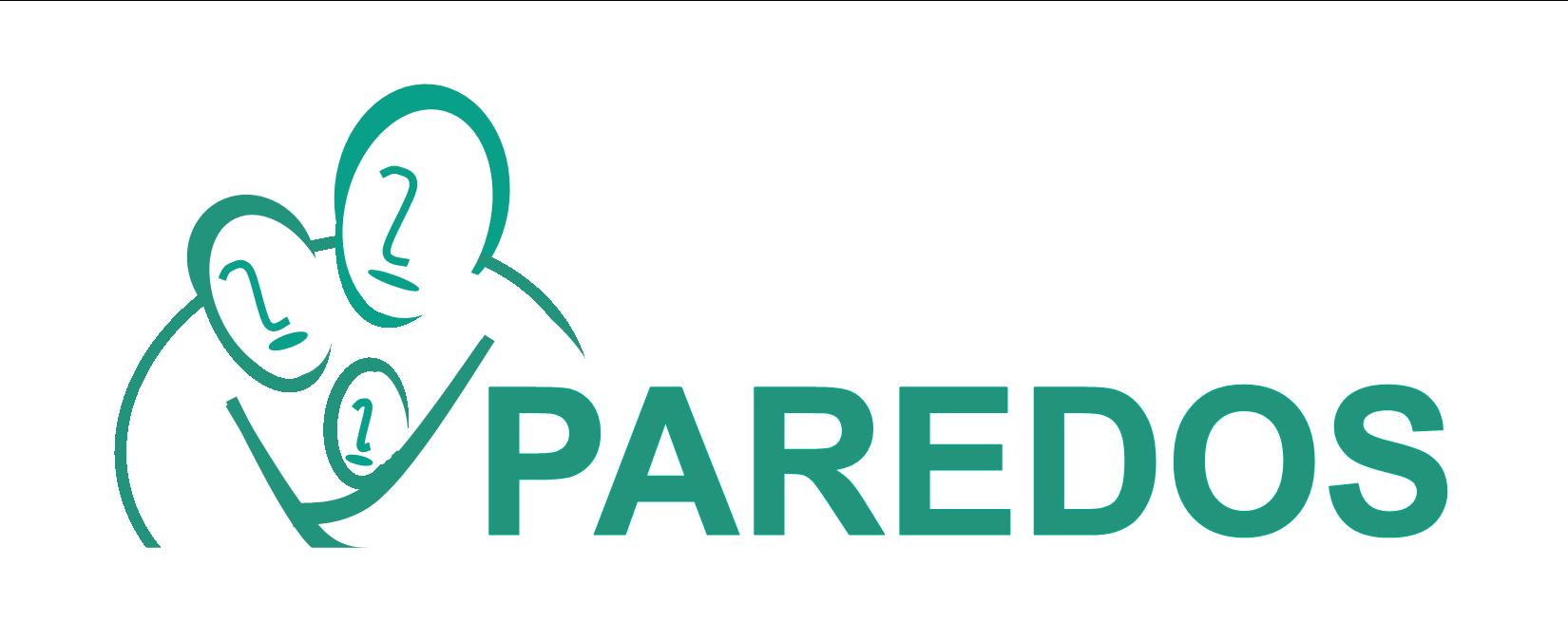Parenting Classes Outline
Goal
PAREDOS’ primary goal is to address the challenges facing parents and families, through the conduct of parenting classes.
Objectives
The three main objectives of PAREDOS are as follows:
To provide families with information, guidance counselling on parenting and other family related matters;Raise the level of awareness of the importance of responsible family life in national development through educational programmes;
Deliver quality childcare to children from age three months to four and a half years of age ,and provide support and guidance to their parents.
Parenting Classes
The PAREDOS parenting class runs for ten (10) weeks.
The topics offered by PAREDOS Parenting classes are as follows:
1. Self-Reflection
Objectives:
Recognize triggers and signs that lead to being out of control of own emotions and actions
Develop skills to discipline yourself as a parent
Identify and develop helpful social support systems for parents
How to avoid burnout
Sub-topics:
Preparing for parenthood
Accepting responsibility as a parent
Why am I a parent?
Maslow’s hierarchy of needs
Building healthy self-esteem of parent
The importance of parents caring for themselves
2. IT Minded/ Tech Wise
Objectives:
Applying security on the internet
How to navigate social media
Subtopics:
Using privacy controls
Social media safety: Facebook, Snapchat, etc.
Removing posts
Cyber-bullying
app security
Cell-phone monitoring
3. How Children Grow
Objectives:
Identify the milestones that mark normal development of childhood
Dispel the expectation of children acting older than they really are
Recognize the emotional, social and mental needs of children 0-11
Recognize the changes in the emotional, social and mental needs in children from early childhood to puberty to young adulthood
Identify the milestones of normal development of adolescents
Sub-topics:
Infancy
Early childhood
Middle Childhood
Late childhood
Adolescents
Challenges of each stage
4. Good, Better, Best Parent
Objectives:
Recognize the difference between positive parenting and negative parenting
Identify 4 major parenting styles
Determine your own current parenting style
1. Learn communication skills that work for children at various stages of development
2. Learn to listen before you lecture – commit to the biblical concept of respect
3. Recognize how you can bring your child’s creativeness and personality out through conversation
4. Listening to your children
Sub-topics:
Parenting Styles
Modeling behaviour
Building closer relationships -Spending time working, playing and reading together
Expressing emotions / love & appreciation
5. Train Up A Child
Objectives:
Embrace and encourage the unique “way” your child should go
Examine the positive aspects of reward-based parenting vs. punishment-based parenting
Develop positive reinforcement techniques and skills
Examine the concept of redirection of children of all ages
Identify the difference between discipline and punishment
Instruction in the various tools of discipline
Develop use of behaviour modification plans
Indentify ways to avoid burnout and stress related abuse/neglect
Sub-topics:
Types of children
Coping with children’s differences and behaviour styles
Positive Reinforcement
Setting limits
Modifying the environment
The difference between discipline and punishment
Avoiding abuse
Sub-topics:
Establishing priorities – having a vision
A Financial Check-up – Identifying your spending habits/ patterns
Limiting your Liabilities; Increasing your incomes
Creating a personal budget
Planning for the future
Investment and Insurance Basics
6. We Are What We Eat
Objectives:
Identifying and choosing healthy and nutritious foods
Identifying unhealthy foods and their dangers
Preparing healthy and nutritious meals
Sub-topics:
The importance of selecting nutritious, healthy foods
Foods and their values
The impact of a high sugar and high salt diet
Dietary requirements on the growing child (0 – 16)
7. Sexual and Reproductive Health
Objectives:
1. To provide parents with comprehensive information on sexual and reproductive health; and
2. To assist parents and children in making informed decisions about their sexual and reproductive health.
Sub-topics:
Preparing for sexual development
Understanding the importance of sexual health
Accessing age appropriate sexual and reproductive health services
Gender dynamics in sexual and reproductive health
Addressing issues of sexual assault and sexual violence
8 & 9 Count The Cost
Objectives:
Income planning –determining and meeting family operation cost
Prioritizing needs vs. wants – Living within your means
Creating a budget planner
Ways to generate additional income
Saving for the future
Insurance
Sub-topics:
Establishing priorities – having a vision
A Financial Check-up – Identifying your spending habits/ patterns
Limiting your Liabilities; Increasing your incomes
Creating a personal budget
Planning for the future
Investment and Insurance Basics
10. All One Family
Objectives:
Identify the various types of families and the dynamics of each
Identify support systems as they relate to the various type of families
Sub-topics:
Nuclear/ Single parent/ Extended/ Blended
Family support
When families break up
Handling anger and conflict

